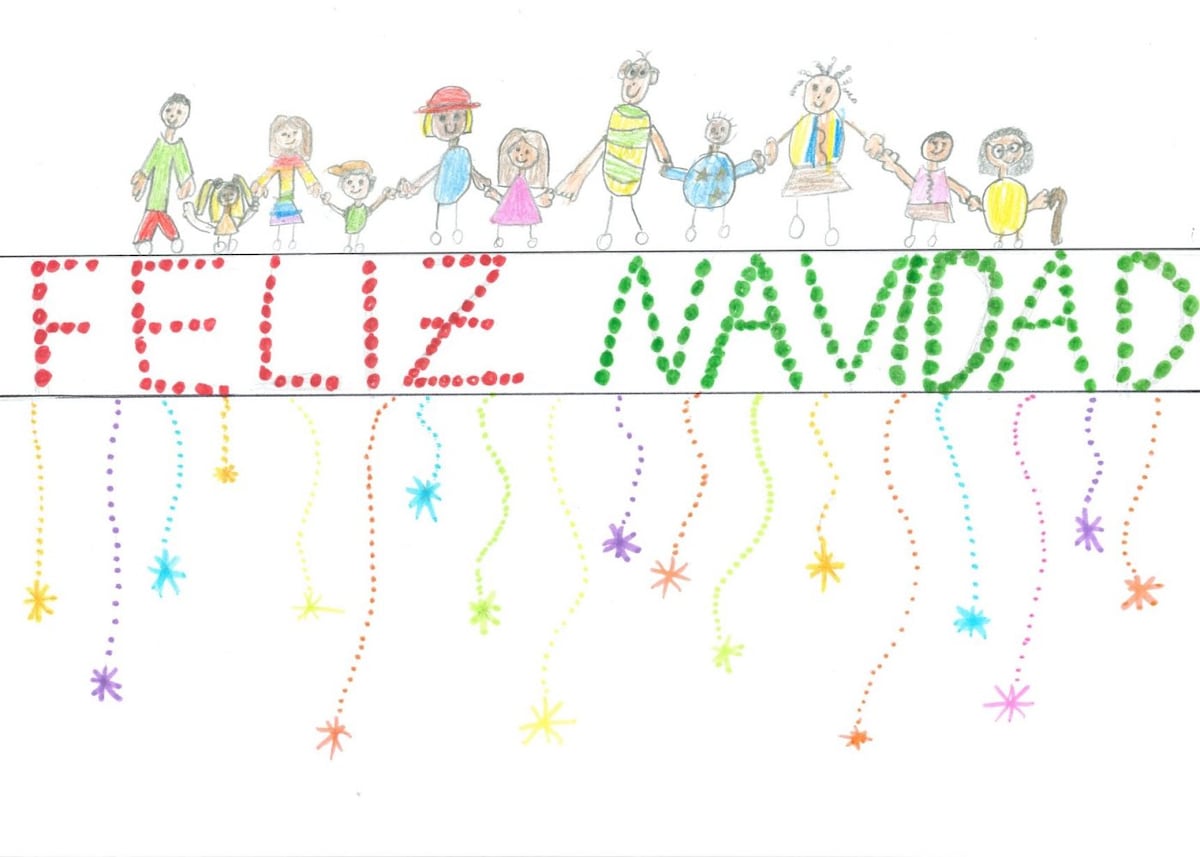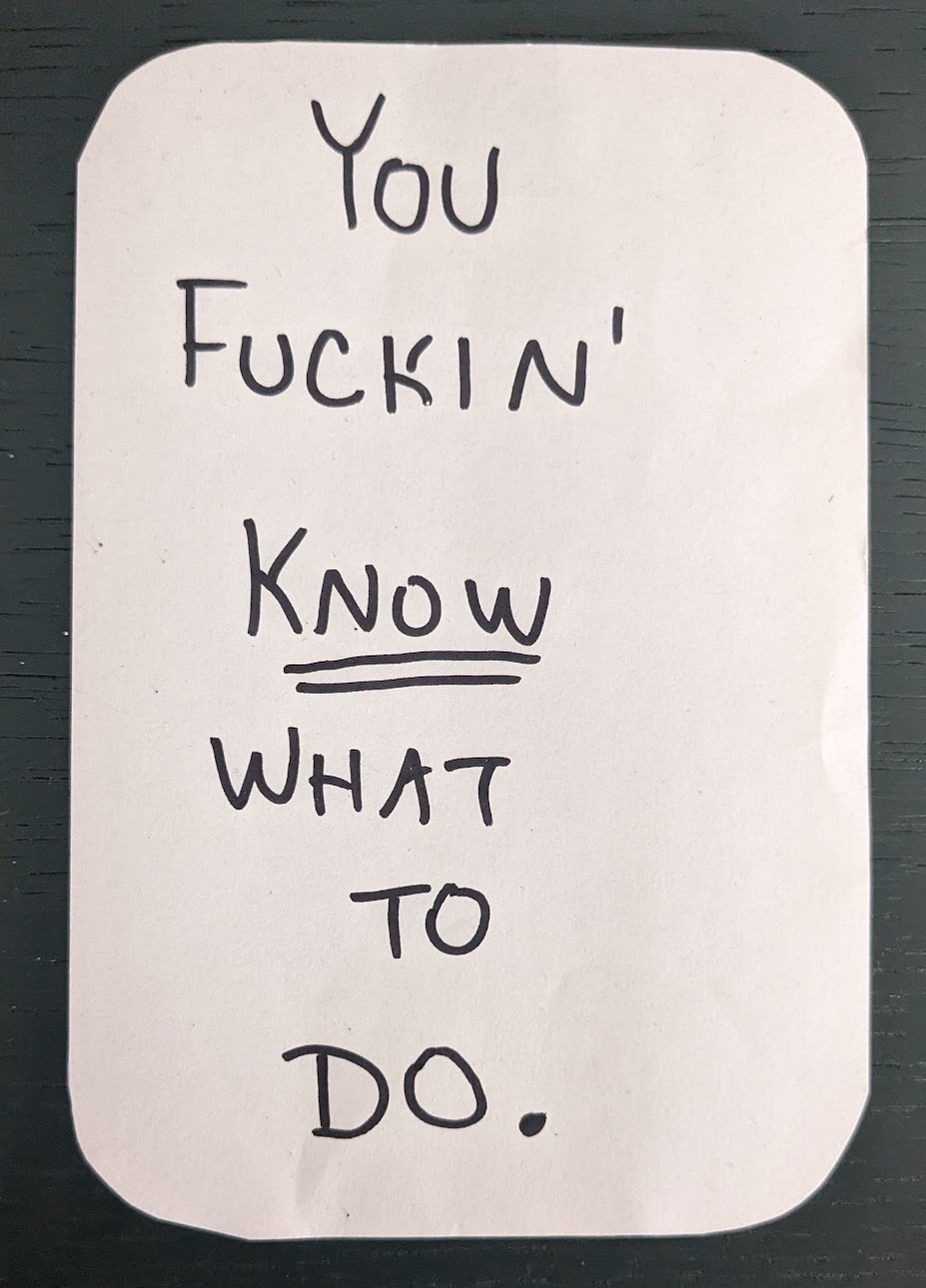Iran faces a dilemma in the wake of Hassan Nasrallah’s death – Technologist
Long before the Israeli army confirmed the death of Lebanese Hezbollah leader Hassan Nasrallah on Saturday, September 28, Iran’s official statements left little room for doubt about his fate. In two separate interviews, former head of parliament Ali Larijani and former interior minister Ahmad Vahidi, the commander of the Revolutionary Guards (the regime’s ideological army), insisted that each murdered figure of the “axis of resistance” could be replaced by others. For the two dignitaries, this was a way of preparing public opinion for the announcement of Nasrallah’s death and minimizing the consequences of his disappearance.
This same tone could be heard in the first reactions from Supreme Leader Ali Khamenei on Saturday. “The Zionist criminals need to know that they are far too weak to be able to inflict any significant damage on the solid structure of Lebanon’s Hezbollah,” wrote the Islamic Republic of Iran’s highest authority on the social network X, without mentioning Nasrallah by name or promising a direct response from Tehran. A few hours later, Khamenei published a new message, this time paying tribute to Nasrallah and promising that, in the wake of his death, “the foundation” he established in Lebanon “will not be destroyed as a result of his martyrdom, but rather it will also be strengthened.”
Having suffered numerous blows in recent months from its number-one enemy, Israel, the Islamic Republic of Iran now seems to have been backed against a wall. On April 13, when the regime tried to respond to the attack on its consulate in Damascus, Syria, on April 1, the majority of the hundreds of missiles sent from Iran to Israel were intercepted. Tehran failed in its intention to impose deterrence.
‘Iran doesn’t have any good option’
In July, Ismail Haniyeh, the head of the political bureau of the Palestinian Hamas movement, was killed in the Iranian capital, having just attended the inauguration of newly elected president Masoud Pezeshkian. Since then, Israel has stepped up its targeted assassinations of Hezbollah’s top executives and destroyed the military infrastructure the Shiite movement built up over two decades with the help of Iran.
“Today, Iran doesn’t have any good option in this new reality,” explained Hamidreza Azizi, a researcher at the Stiftung Wissenschaft und Politik Institute in Berlin. “Whether Iran decides to respond or not, Israel will go even further to weaken the ‘axis of resistance’ without being worried about the possible repercussions of its actions, as it has demonstrated recently. In either case, a direct confrontation between Israel and Iran seems possible,” he added.
You have 63.01% of this article left to read. The rest is for subscribers only.

